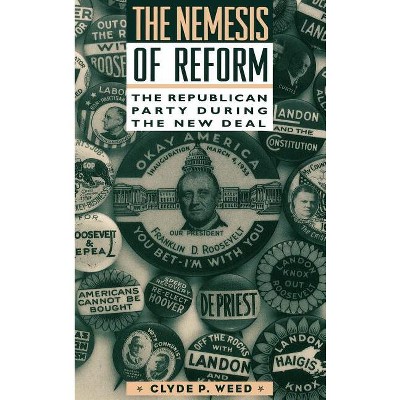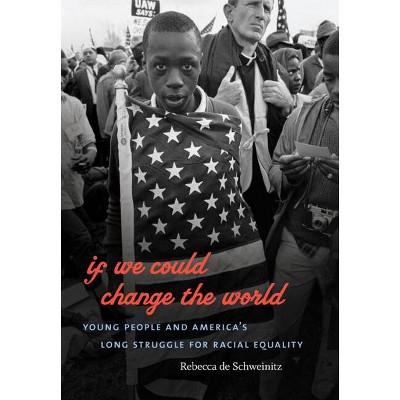Sponsored

Economies of Change - by Michal Peled Ginsburg (Hardcover)
In Stock
Sponsored
About this item
Highlights
- This book argues against the tendency of much of literary studies today to mistake the critique of formalism for a license to disregard form altogether.
- About the Author: Michal Peled Ginsburg is Associate Professor of French and Comparative Literature at Northwestern University.
- 268 Pages
- Literary Criticism, General
Description
About the Book
In detailed readings of ten novels (by Balzac, Stendhal, Austen, Dickens, and James), the author shows how novelists, in their practice of novelistic representation, deal with certain cultural issues, social values, and ideological purposes through the particular combination and manipulation of a set of formal possibilities.Book Synopsis
This book argues against the tendency of much of literary studies today to mistake the critique of formalism for a license to disregard form altogether. In detailed readings of ten novels (by Balzac, Stendhal, Austen, Dickens, and James), the author shows how novelists, in their practice of novelistic representation, deal with certain cultural issues, social values, and ideological purposes through the particular combination and manipulation of a set of formal possibilities.
The analysis of each novel centers around the notion of transformation--or the "economy of change"--as it informs the text and our understanding of it, arguing that transformation is not only a basic category of narrative structure but also the key to the link between literary form and cultural context. The readings foreground the different ways transformation operates in narrative texts: as a category of plot, as what underlies the production of meaning or knowledge in the text, and as what constitutes the text as representation. The discussion of each novel begins by reviewing certain dominant interpretations and then proceeds to offer alternative readings, challenging the logic that underlies those interpretations and complicating common ways of categorizing novels.
From the Back Cover
This book argues against the tendency of much of literary studies today to mistake the critique of formalism for a license to disregard form altogether. In detailed readings of ten novels (by Balzac, Stendhal, Austen, Dickens, and James), the author shows how novelists, in their practice of novelistic representation, deal with certain cultural issues, social values, and ideological purposes through the particular combination and manipulation of a set of formal possibilities.The analysis of each novel centers around the notion of transformation--or the "economy of change"--as it informs the text and our understanding of it, arguing that transformation is not only a basic category of narrative structure but also the key to the link between literary form and cultural context. The readings foreground the different ways transformation operates in narrative texts: as a category of plot, as what underlies the production of meaning or knowledge in the text, and as what constitutes the text as representation. The discussion of each novel begins by reviewing certain dominant interpretations and then proceeds to offer alternative readings, challenging the logic that underlies those interpretations and complicating common ways of categorizing novels.
Review Quotes
"In this important book, Ginsburg makes a timely intervention into the critical scene with a fresh reminder that neither cultural critique nor literary interpretation can get by without serious engagement with problems of literary form."--John Brenkman, The Graduate School and University Center, City University of New York
"Fascinating, provocative, and stimulating. . . . A significant contribution to discussions of narrative theory and practice, and through them, to our understanding of the relation of literature, history, and society."--Samuel Weber, University of California, Los Angeles
About the Author
Michal Peled Ginsburg is Associate Professor of French and Comparative Literature at Northwestern University. She is the author of Flaubert Writing: A Study in Narrative Strategies.Shipping details
Return details
Trending Poetry











